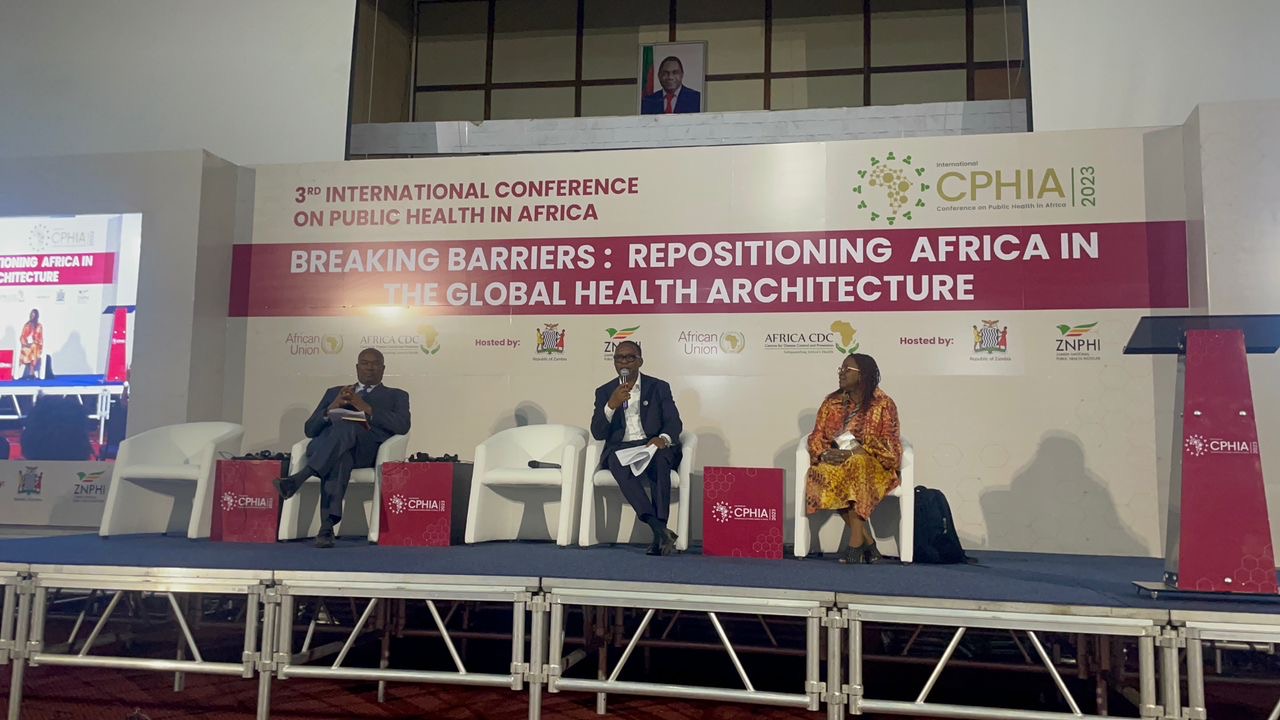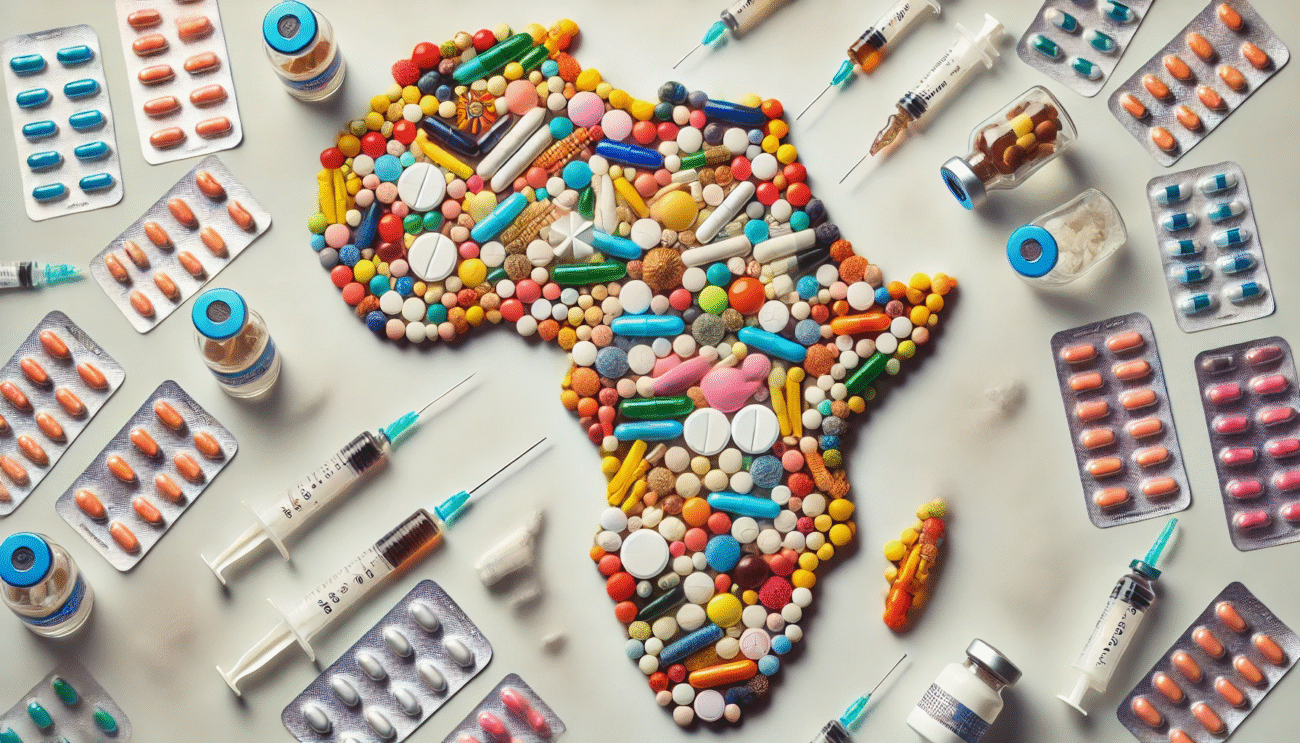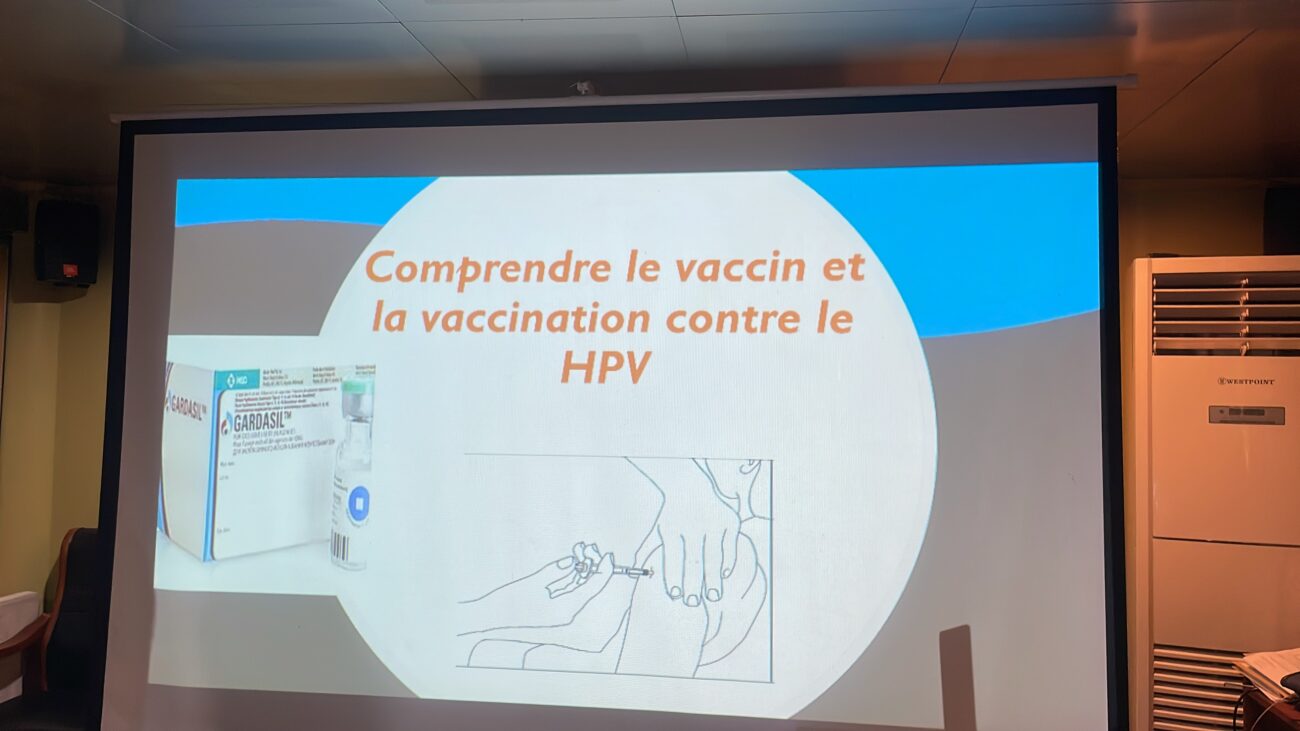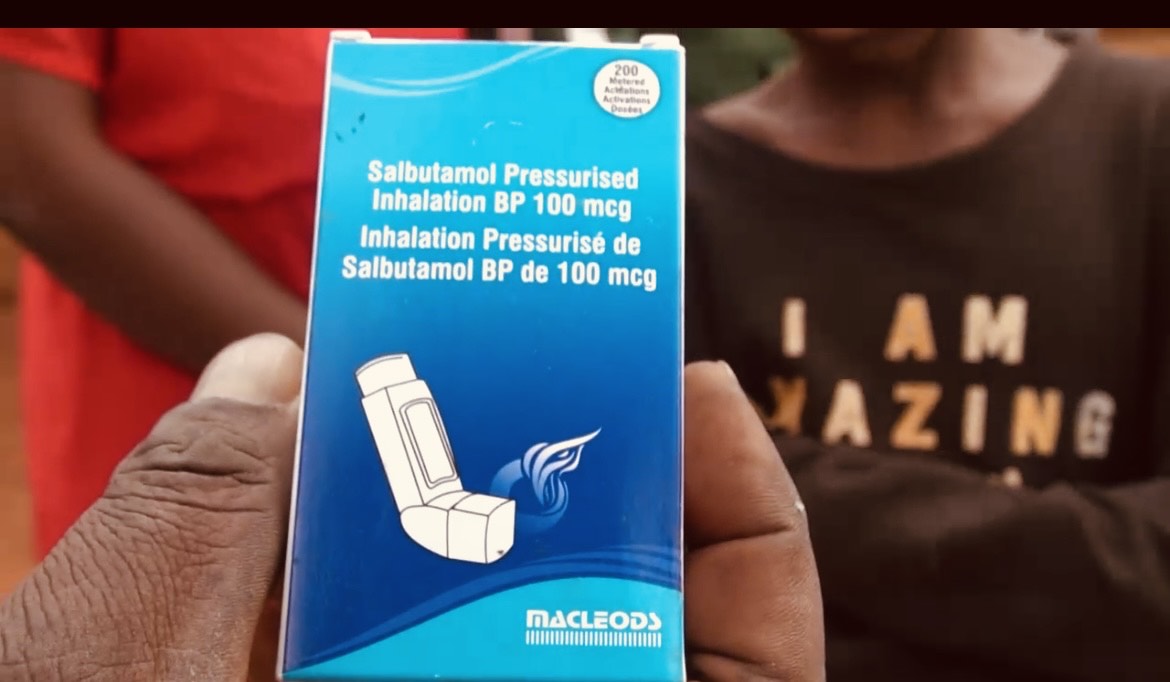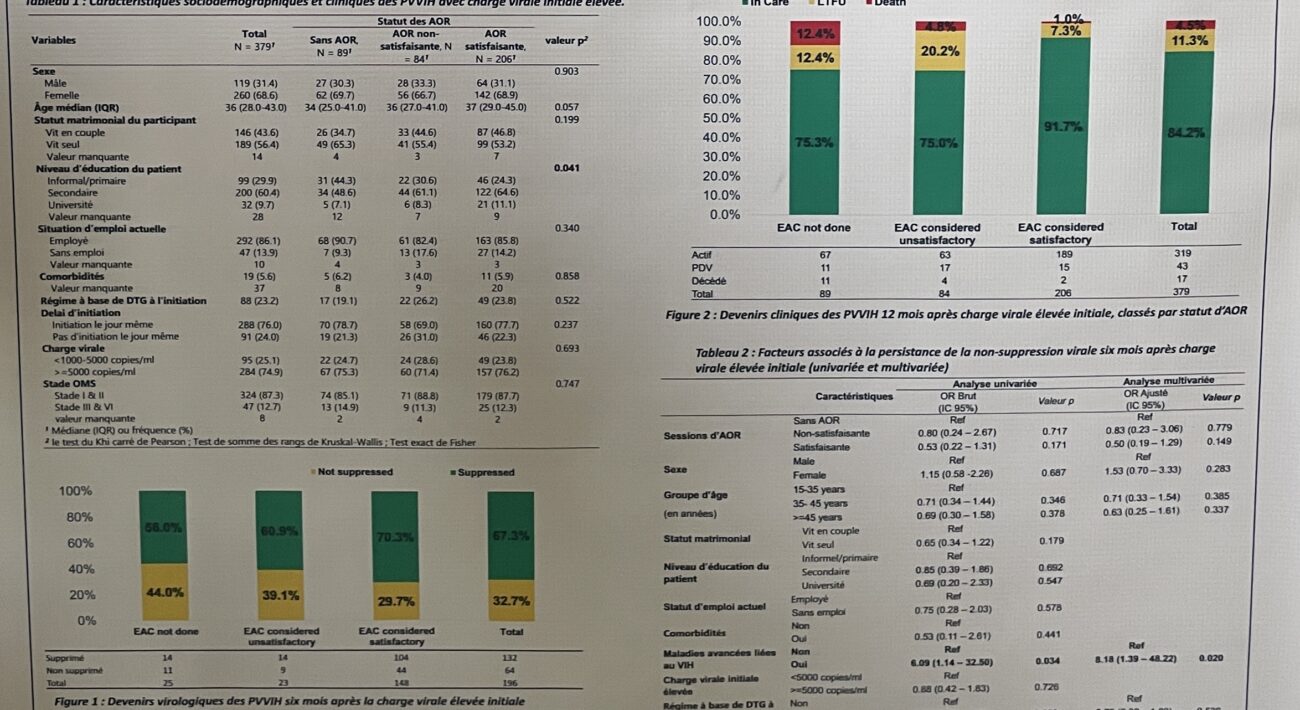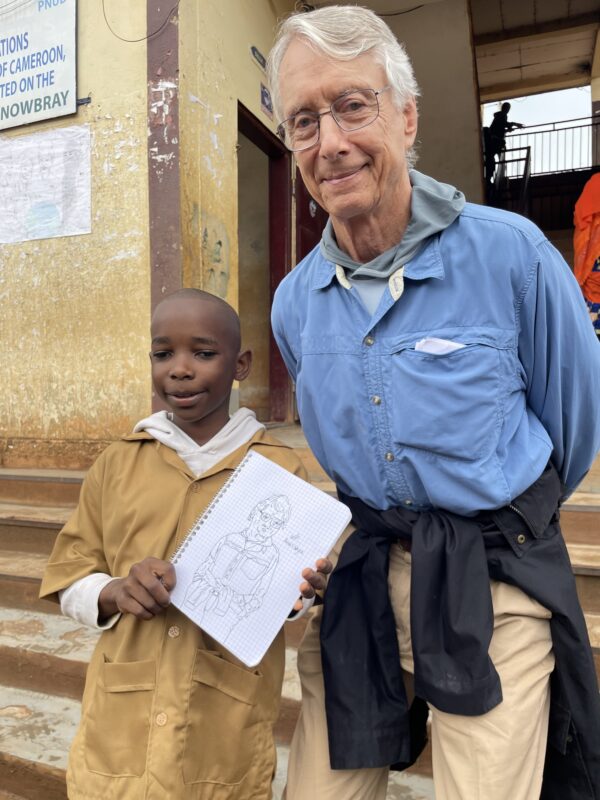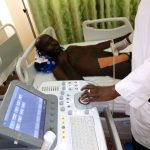« Innovation is key and central to the transformation of Africa especially as we want to leapfrog as a continent. We do not have time to waste » says Symerre Grey-Johnson, Director of Human Capital and Institutional Development at the African Union Development Agency- AUDA-NEPAD.
He made this remark during his presentation on shaping the future of African Healthcare at CPHIA 2023 in Lusaka.
Digital innovation has the potential to revolutionize healthcare, making it safer and more accessible to all Africans. The outbreak of Covid 19 proved this right as it sparked the urgency to reexamine healthcare delivery amidst grave economic crises.
« The issue of technology is key for Africa because it creates an opportunity for us to rethink the healthcare that has traditionally been delivered. During Covid, this was an essential issue, and we had an increase in telemedicine and the use of data analytics to track cases but also for underground surveillance, » comments Dr. Egbe Osifo-Dawodu, founding partner of Anadach group.
At the 2023 International Conference on Public health in Africa (CPHIA) hosted by Africa Centers for Disease Control and Prevention in Lusaka, delegates were firm on digital transformation being the only opportunity for Africa to address its healthcare challenges.
« I really think that technologies and the different ways of using it, whether it is analytics or AI, machine learning, can disrupt the way we educate and train health workers. It can influence the way healthcare financing is collected both for individuals, organizations or governments,» Dr Egbe adds.
Speaking at a panel session on transforming health in Africa via digital innovation at CPHIA2023, Symerre Grey of AUDA-NEPAD mentioned it was important to bring stakeholders together.
He added that such conferences allow the African leaders, partners to seriously take a step towards innovation as part of a developmental tool to transform the continent.
If Africa must take advantage of digitalization, health workers must acquaint themselves with the tools. Experts believe exposing health workers to digital tools, can unlock their potential to transform healthcare delivery, improve patient outcomes, create a more efficient and connected healthcare system.
« Technology is very useful, but we need healthcare providers to understand it so they can solve real problems in public health. No health worker in Africa should be leaving any training institution without exposure to the digital tools in healthcare because this is where the future lies. Medical universities should focus on the digital role in changing African lives,» Dr. Egbe insists.
For this to come to play, policy makers must provide an enabling environment to support and help innovators.
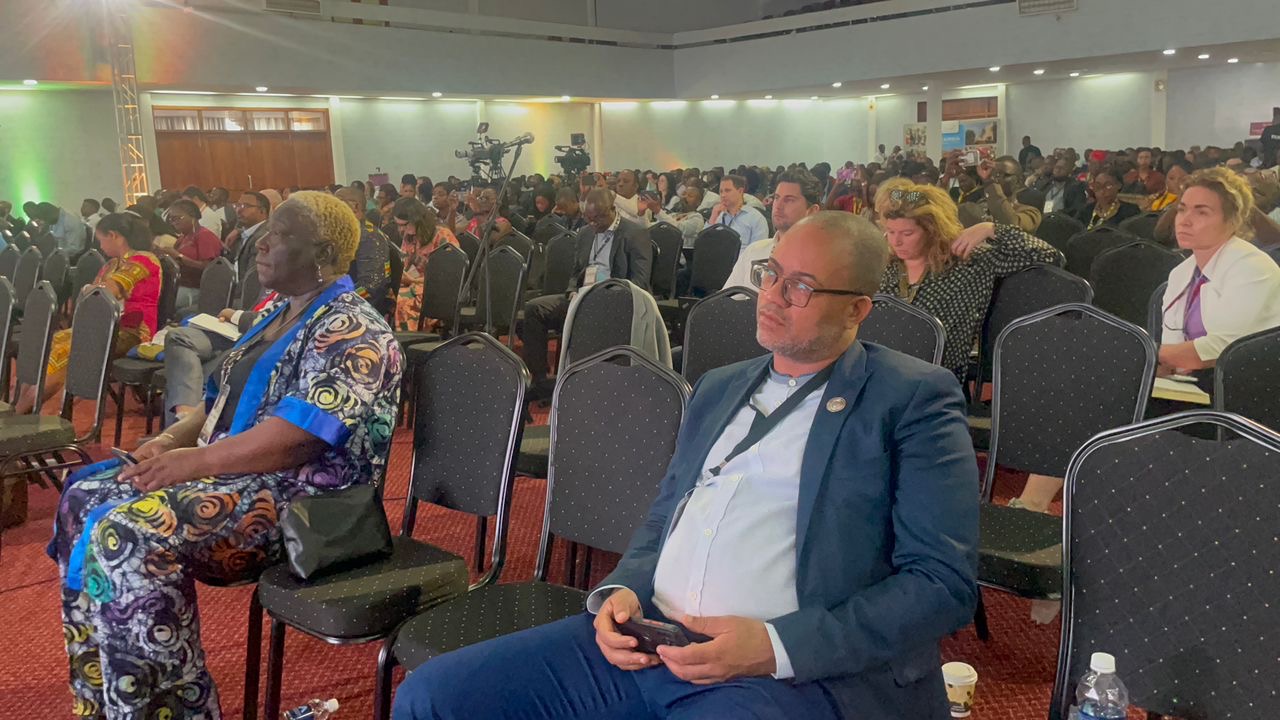
AI Based Solutions for Healthcare in Africa
In recent times, Artificial Intelligence (AI) has emerged as a powerful force that can revolutionize industries and healthcare is no exception. Africa with its unique challenges and opportunities, stands to benefit from this.
« AI is an essential tool all across the value chain in every sector of healthcare. From chemicals to diagnostics, to pharmaceutical and all sort of rehabilitative care, » highlights Abimbola Adebakin, Founder and CEO of Advantage Health Africa.
She also speaks of its importance in conducting research and discovery all the way to production and delivery of care to individuals.
« We are introducing AI to pharmacies across Nigeria. Hopefully, we can scale that across Africa. If ten thousand pharmacies can have AI in their processing, guess what? We will be able to tackle public health issues early. More than 50% of patients go into the pharmacy first before going to the hospital, » adds Abimbola.
If Africa is to boost its production of vaccines to 60% by 2040, as stated by Africa CDC Director General, Dr Jean Kaseya then leaders should be going the AI way.
« It will help us with producing medicines in Africa for Africa. We have vast forests that can probably hold the key to the treatment of cancer. We have to explore them. With an induced AI into our research, it will make identifying molecules faster and enhance production, » says Abimbola.
However, the challenge here is data colonialism with little or no African representation. To overcome this, experts propose Africans should work on their own data and reality.
The government should provide an enabling environment for AI to flourish by granting subsidies. An example Abimbola cited was the Rwandan government which has invested in AI training and research in health.
Cameroon’s Digital Emergence in Health
Telemedicine was part of a health strategy in many countries during the COVID 19 period and Cameroon was not left out.
Health professionals on the front line rapidly adopted new technologies making it possible to limit the spread of
the virus. According to a study on researchgate 20.2% of doctors took up tele-consultations during the pandemic, and they most often used the WhatsApp application.
Today, the country is experiencing a boom with services like Waspito, Quickdocta, Clinichome and GiftedMom providing promising solutions to healthcare delivery and access in Cameroon.
As the country rolls out its universal health coverage plan, these initiatives and more hold great potential in improving healthcare accessibility and quality in Cameroon.
It will bridge the gap between patients and healthcare providers by leveraging technology, ultimately leading to better health outcomes for individuals.
According to experts at the CPHIA 2023, regulatory authorities should set up regulations and provide training to frame and ease access to the use of telemedicine.
In conclusion, governments, healthcare providers, and tech entrepreneurs must collaborate to harness these technologies, ensuring equitable access and maximizing the benefits of digital innovation in the quest for improved healthcare outcomes in Africa.

